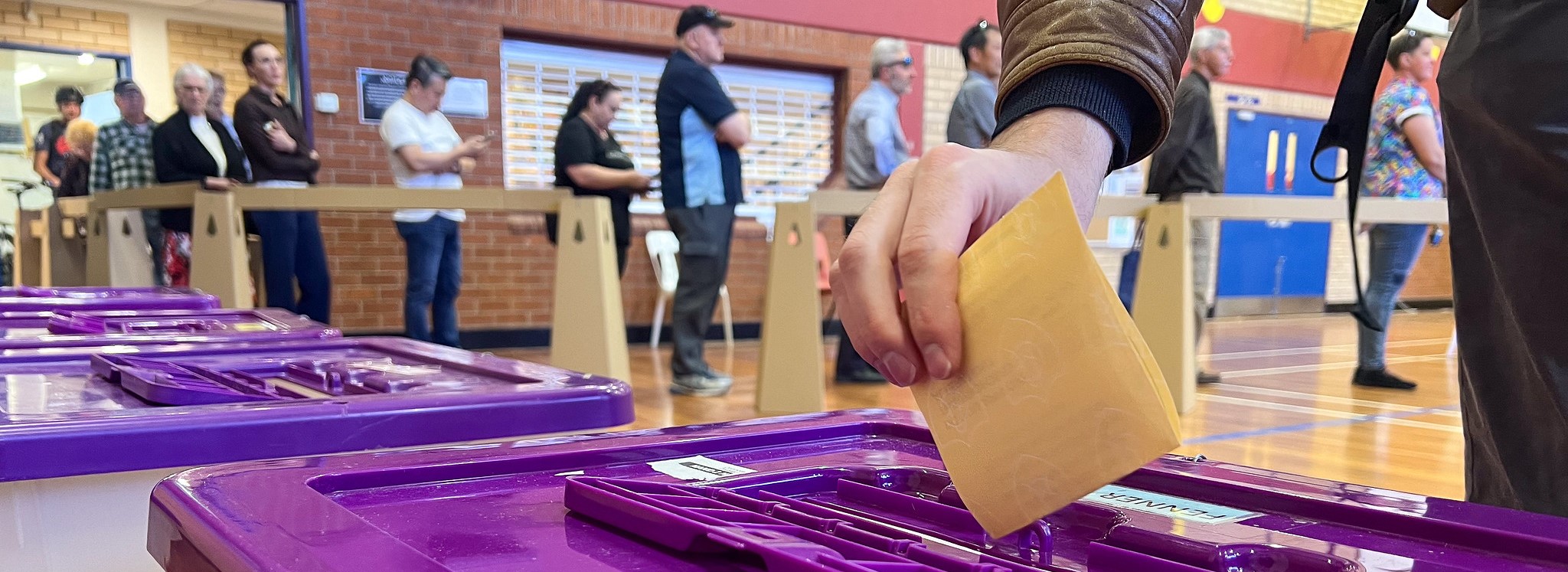The AEC says 97.9% of all eligible Australians are enrolled as of June 30, 2024, compared to 96.2% (June 30, 2021) for the previous election.
An estimated 92.9% of Indigenous Australians are enrolled compared to 79.3 for the 2022 polls; an estimated 90.2% of youth (18-24) are enrolled compared to 84.5% for the last election.
Australian Electoral Commissioner Tom Rogers was full of praise for the figures.
“Australia’s enrolment is in great shape. It’s never been better leading into a federal election,” he says.
“I am confident the next federal election will once again break enrolment records. It is likely to be the best base for participation in a federal election since federation.”
“What we know for sure is that a greater proportion of young people and Indigenous Australians will be enrolled than ever before for a federal election – and by some margin as well,” Mr Rogers says.
“It is a globally enviable position for Australia’s democracy.”
He believes the inclusion of Medicare cards as identification and more direct enrolment initiatives helped drive the record enrolment.
“A relatively flat year on year graph may look boring but this is a case of boring being good news – it shows that after recent years of explosive growth, Australia’s estimated enrolment rates are holding steady,” he says.
“Historically, that hasn’t happened.”
WORKERS WANTED
The AEC says that it needs workers with the next federal election due to be held sometime in the next nine months.
Previous AEC workers need to re-register while paid training is provided for new workers.
The roles available include working on election day through to engagement for up to five weeks. The AEC needs frontline polling staff, supervisors, mobile voting teams, remote area service teams, counting staff and more.
Casual pay rates apply and vary by role.
“We become one of the nation’s largest employers ever so briefly – the likelihood of getting employed if you register with us is very high, particularly in regional communities,” Mr Rogers says.
“You don’t need election experience to work for us but you do need to be able to take an impartial and neutral approach to your work – that is not negotiable.”
“It can be difficult to find staff in regional and remote areas so we really need people to put up their hands, get involved in their communities and make sure people in their areas can vote.”






